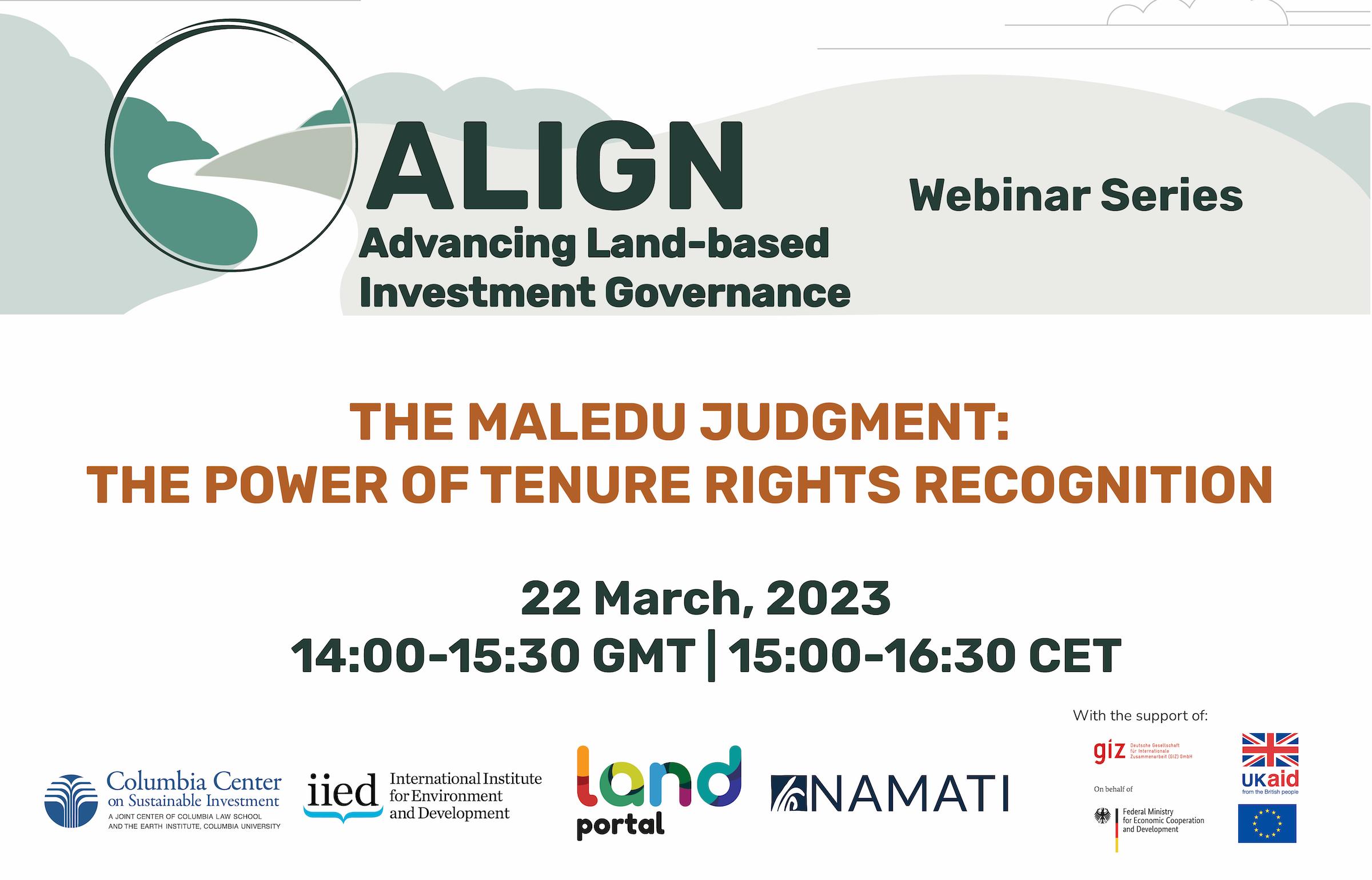Over the last two decades, platinum mining has expanded exponentially onto communal land in the North West Province of South Africa. This mineral-rich area falls under various traditional authorities – including the prominent Bakgatla ba Kgafela – and is one of the world’s largest platinum-producing areas. But this rapid growth in mining activity has been paralleled by increasing tensions over land rights between land users and traditional communities, recognized traditional leaders and mining companies. The land tenure history and arrangements in this area is complex and contested.
In 2018, Grace Masele Mpane Maledu and 37 members of her community sought to be recognized by the South African Constitutional Court as the lawful occupiers and owners of Wilgespruit Farm after a mining company was granted the rights to mine their land by the Bakgatla ba Kgafela traditional authority. In a landmark victory, the Constitutional Court ruled in favor of the community and confirmed that their consent for both mining activities and relocation was needed. If the mining company failed to obtain that consent, the state would be required to expropriate the property. This decision is referred to as the Maledu judgment.
Grace’s community members are the descendants of 13 clans that formally bought and farmed the land exclusively for nearly a hundred years. Due to the colonial laws of the time they were forced to register the land under a government authority, which was later vested in the traditional authority. The significance of the Maledu judgment is that it confirmed that customary ownership is ownership in its own right and not merely ‘akin to ownership’. It does not have to be enjoyed through the authority of a traditional leader.
The Maledu judgment was based on rights enshrined in the constitution and recognized in the Mineral and Petroleum Resources Development Act (MPRDA) and the Interim Protection of Informal Land Rights Act (IPILRA). The MPRDA Act governs the awarding of mining rights and includes ‘lawful occupiers’ in its definition of ‘owners’. Furthermore, the IPILRA recognizes and protects the current land use of people living on and using communal land. Taken together, these provisions in law led to the Maledu judgment ruling in the community’s favor and removing any remaining ambiguities around the rights of informal land users. More details about the Maledu judgment are available here.
In 2020, the Land Portal Foundation, together with the South African Council for Scientific and Industrial Research (CSIR), published the State of Land Information in South Africa. The research found that accessible land governance information in South Africa excludes detailed information on traditional mechanisms of relating to communal land, including the land rights of individuals and families. This research suggests that those who stand to benefit from the Maledu judgment may face challenges due to the lack of available information.
The failure to address tenure security and to clarify the powers and authority of traditional leaders has created conditions ripe for elite pacts between mining companies, politically connected actors and local traditional leaders. Evidence suggests that mining in the former homeland areas has contributed to a double dispossession, undermining rural livelihoods for the majority, while creating wealth for the connected few and being a driver of long term environmental degradation.
This webinar discusse the implications of the Maledu judgment, the importance of recognizing and protecting informal land rights, the power of access to information and the positive outcomes tenure security can have for mining-affected communities. It looked at the impacts of the judgment for the community and explore how the community members have engaged with the mining company.

